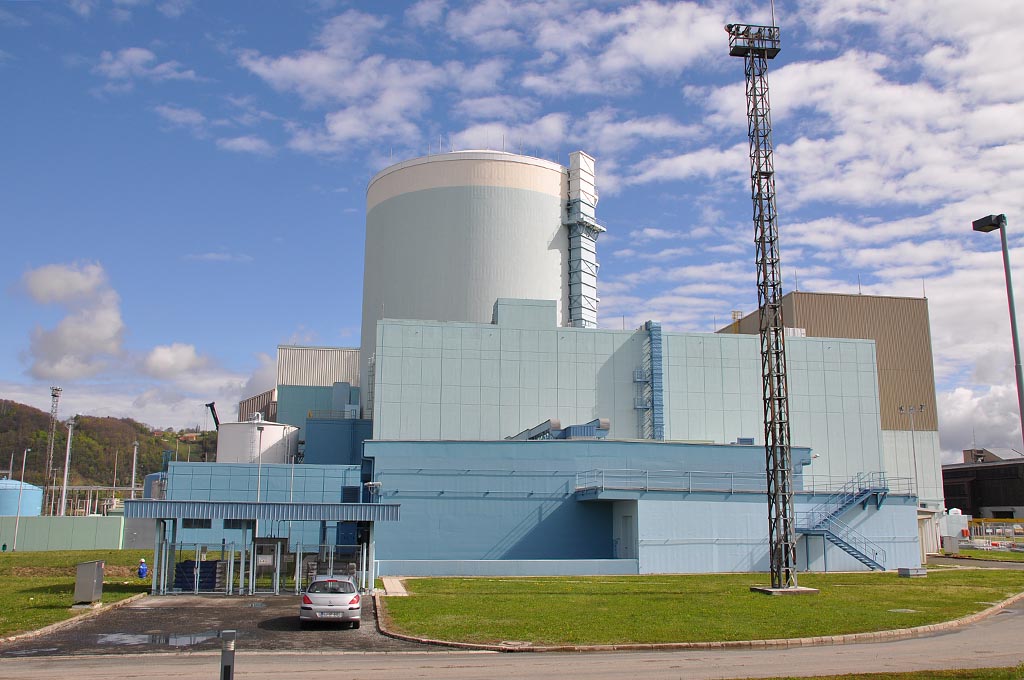The Slovenian Democratic Party (Slovenska demokratska stranka – SDS) parliamentary group has submitted a proposal to call a consultative referendum on the construction of the second reactor unit of the Krško Nuclear Power Plant (JEK 2) and smaller modular reactors. As they stated, the construction of a second reactor is not a project of one company, but of the whole of Slovenia, which urgently needs a strong and stable source of energy.
As the SDS party MP Tomaž Lisec said in a press conference in Ljubljana, the party was deciding on whether a referendum on the project was even necessary and then assessed that, following the adoption of a decision at a joint meeting of the Committee on the Economy and the Committee on Infrastructure, the Environment and Spatial Planning of the National Assembly last October to speed up activities for the second nuclear reactor unit, realised that now was “the ideal, optimal or even high time” for a consultative referendum.
“In our opinion, the second nuclear reactor unit in Krško is a necessity to seriously tackle the energy crisis not only in Slovenia but also in Europe,” the MP said. Electricity from a nuclear power plant, he said, is a cheap source of energy that Slovenia urgently needs to obtain as soon as possible if it wants to be self-sufficient in terms of energy.
People support cheap energy
MP Lisec then pointed out that a referendum for this project was also foreseen in the coalition agreement of the current government and that a resolution on the peaceful use of nuclear energy in Slovenia was being prepared. The resolution, the draft of which is expected to be approved by the government by the end of January and then sent to the National Assembly for discussion, is, according to the SDS party, very well prepared; they are pleased that it includes the second nuclear reactor unit as a project of national importance.
The referendum question, according to their proposal, would be: “Are you in favour of the Republic of Slovenia ensuring a stable and affordable supply of electricity through the use of nuclear energy by building the second unit of the Krško Nuclear Power Plant and smaller modular nuclear reactors?”
MP Lisec expressed the hope that, as indicated by opinion polls, a large majority of people will decide in favour of the project in question. He estimated that the referendum could be held at the same time as the elections to the European Parliament – in early June.
“However, if the coalition wants to delay it for certain ‘solar and wind’ reasons, then the referendum will obviously not happen for quite some time,” he added.
Prime Minister Robert Golob has repeatedly stressed that a referendum will be held before a final decision on the project of the second nuclear reactor unit in Krško is taken. But he has announced that a referendum will be held when the exact costs and other details of the construction of the unit are known.
A recent opinion poll conducted by the Ninamedia agency on the 10th and 11the of January among a sample of 700 people and published in the newspaper Dnevnik showed that the majority of Slovenians would support the construction of the second nuclear reactor unit, and that they also overwhelmingly support nuclear energy. Support for the project is most pronounced among younger respondents and increases with education. One of the main reasons for the opposition is radioactive waste.
C. Š.


